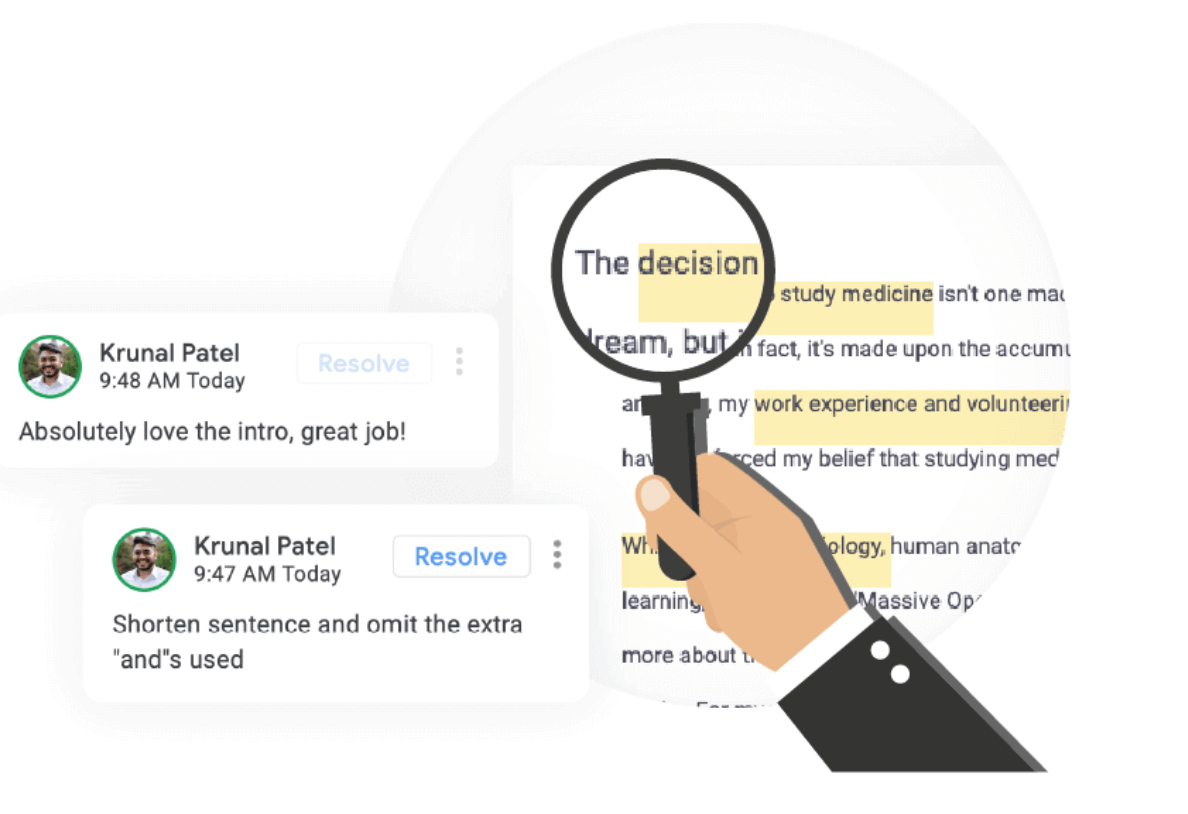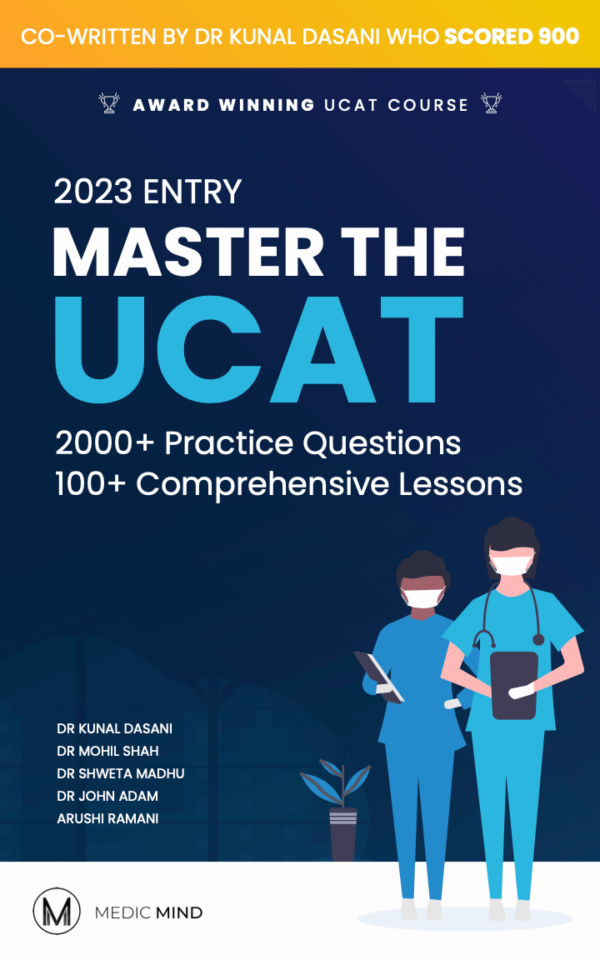Loading...

How do I structure my dentistry personal statement?
Having a well-structured dentistry personal statement is really important when applying to university. It needs to be clear and easy to read, so that the admissions team have no excuse but to award you a good mark. You want to make your dentistry personal statement come across as professional, and ensure it stands out above the rest. Keep reading to hear our tips on how best to structure your dentistry personal statement.
Break it down:
When deciding what to include in your dentistry personal statement, it is a good idea to break it down into several sections. Start with an introduction, have several paragraphs in the main body of text, and end with a conclusion. We recommend trying to include a section on each of the following in the main body of text:
- Motivation for dentistry
- Work experience
- Voluntary work
- Extra-curricular activities
- Dentistry specialties/wider reading
- Academic interests and achievements
Check out the rest of this article series for detailed explanations on how to talk about each of the above in your dentistry personal statement. You don’t necessarily need a separate paragraph for each of the above sections, as some may fit well together (e.g. your motivation for dentistry could have been driven by what you saw on work experience), however try to make sure you expand on each of these headings when you mention them.

Possible sections:
As described above, there are several sections you could break your dentistry personal statement down into. Within each of these sections you could also break it down further (as listed below), and this can help you to clearly structure what you want to include. Obviously you won’t have space to include everything, so just select the sections you think you can talk about and expand on the best, and those which you think you can link clearly back to why you would make a good dentist.
- Introduction
- Why dentistry?
- Why do you like science/want to study this subject specifically?
- What attracts you to dentistry as a career?
- Volunteering: care home
- Volunteering: fundraising/charity
- Work experience: general dental practitioner
- Work experience: dental hospital
- Work experience: specialist dental practices
- Extra-curricular: sports, hobbies, skills
- Extra-curricular: societies at school
- Extra-curricular: awards (e.g. Duke of Edinburgh)
- Academic: passion for school subjects
- Academic: wider reading
- Academic: research projects (e.g. EPQ)
- Academic: talks attended
- Wider reading: dentistry specialities
- Wider reading: dentistry journals or news articles
- Key skills (explain and give examples of where you’ve demonstrated them – e.g. communication, leadership)
- Conclusion
Don’t worry about the order:
When writing your dentistry personal statement you don’t necessarily have to write it in order. In fact, it is often easier to write the main body of text before the introduction, and then you have a better idea of what will sound good to introduce the rest of your dentistry personal statement.
You could just give yourself a list of headings for what you want to include, write each section separately, and then piece it back together like a jigsaw, editing some areas to ensure it flows well. This way you won’t get overwhelmed by having a large piece of writing to do in one go, and instead can focus on making each individual section perfect on its own first, before putting them all together.
Make sure it flows:
If you do decide to construct your dentistry personal statement as several individual sections, make sure that when you put it all together it flows well, and there isn’t a sudden jump from one topic to another. Simply adding some connecting words or phrases to show you’ve moved on to the next topic can make your dentistry personal statement so much easier to read.
Language and tone:
You want to make sure your dentistry personal statement sounds professional, and avoid any colloquial language. You want to sound formal, not chatty, but be careful not to come across too ‘robotic’.
The admissions team want to see your personality show through your dentistry personal statement, as it is the person behind the words that they are looking for. Whatever you do, avoid clichés at all costs.
If the admissions team see a cliché they will immediately mark you down, as they sound idealistic and don’t show any genuine understanding of dentistry. So avoid phrases like “ever since I was little I’ve wanted to be a dentist”, or “I dream of being a dentist”.
Succinct and relevant:
Keep your dentistry personal statement relevant and to the point. You have a very limited character count so if what you’ve written doesn’t add to your statement in any way, take it out! Every sentence needs to count.
Reflect, don’t list:
One of the most important things for a dentistry personal statement is to show reflection and understanding of the experiences you’ve had, rather than just listing what you’ve done. The admissions team want to see that you have the ability to develop yourself based on reflections following challenges or positive experiences, so whenever you talk about something you have done in your life, reflect on what you have learned from this and how you think it will make you a better dentist.
Spelling and grammar:
Before you submit your dentistry personal statement, get as many people to check through it as possible! Even if they aren’t experts in dentistry, they can check that your statement reads clearly and that there aren’t any obvious spelling or grammar mistakes. You can also use your word processor’s spell check tool. This is such an easy thing to slip up on, but if your statement is polished and professional it will make a much better first impression on the admissions team assessing it.
Hopefully this guide has helped you to work out how to structure your dentistry personal statement and given you some ideas of what to include, and you are now ready to get started on constructing an amazing dentistry personal statement!

Frequently Asked Question
→What is a dentistry personal statement?
A dentistry personal statement is an essay that you write as part of your application for admission to a dental school or program. It provides a snapshot of who you are, your experiences, achievements, and goals related to the field of dentistry.
→What is the best structure for a dentistry personal statement?
The best structure for a dentistry personal statement generally follows a chronological or thematic order. A chronological structure presents your experiences in the order in which they occurred, while a thematic structure groups your experiences according to themes or topics related to dentistry.
→How should I begin my dentistry personal statement?
You should begin your dentistry personal statement with a strong opening sentence that grabs the reader’s attention. You can start with a quote, a question, or a personal anecdote that relates to the field of dentistry.
→What should I include in the body of my dentistry personal statement?
In the body of your dentistry personal statement, you should provide details about your experiences, achievements, and goals related to dentistry. You should also explain how these experiences have shaped you and why they are relevant to your desire to become a dentist.
→How can I make my dentistry personal statement stand out?
To make your dentistry personal statement stand out, you should focus on your unique experiences and qualities related to dentistry. Avoid generic statements and cliches, and be specific about your achievements and goals in the field. Also, make sure to proofread your essay carefully and get feedback from others.
→What should I avoid in my dentistry personal statement?
You should avoid making negative statements about yourself or others, and avoid exaggerating your achievements or experiences. Also, do not copy someone else’s personal statement or use inappropriate language or humor.
→Why is it important to structure a dentistry personal statement?
Structuring your dentistry personal statement is important because it helps you to present your information in a logical and cohesive way. A well-structured personal statement can make a positive impression on the reader and increase your chances of being accepted into a dental program.
Related links
With UCAS guidance and application advice, personal statement feedback, UCAT/BMAT support, interview coaching, and more!
A unique opportunity to explore the world of healthcare through interactive simulations and real-life case studies. Run by senior physicians
5-day programme with insights into the medical profession. Includes accommodation and ALL meals!
5-day programme with insights into the dental profession. Includes accommodation and ALL meals!





Was this article helpful?
Still got a question? Leave a comment
Leave a comment